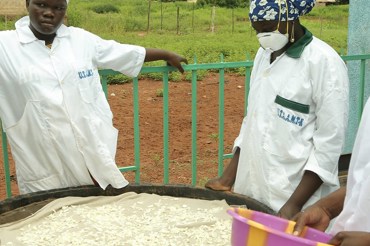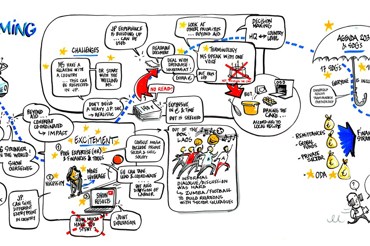With 22 hectares of land and a lot of will, a Mozambican women’s village savings and loan group starts commercial forest plantation

The Nathelaca Women's Agricultural Association gathers to learn more about the Planted Forest Grant Scheme.




